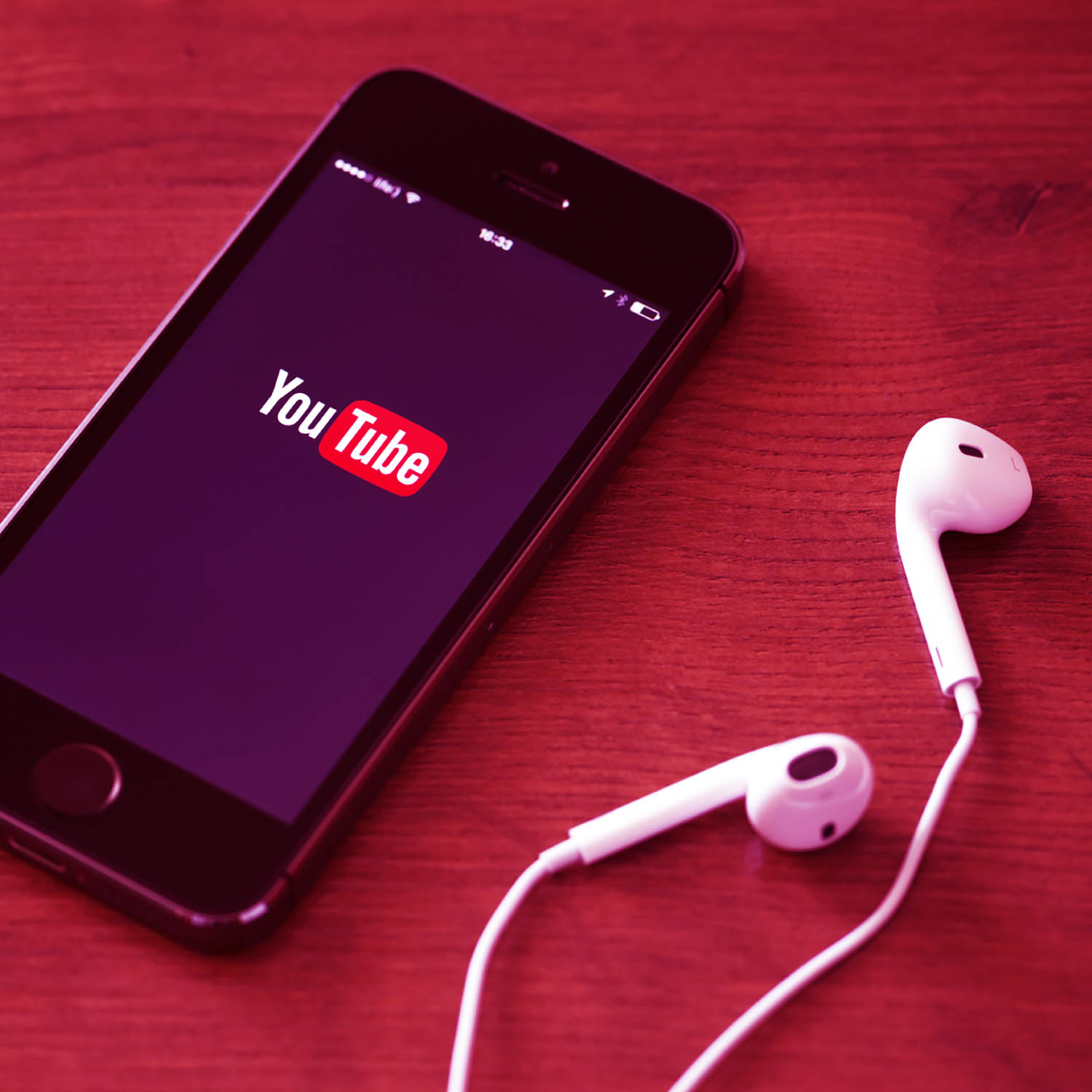
Google recently unveiled YouTube Red, a $10 per month subscription for ad-free high quality YouTube content. This has garnered mixed response from the media and YouTube’s audience, and it’s not certain if this will be a victory for YouTube or a step in a very bad direction.
There is a wealth of good content on YouTube, and YouTube Red hopes to take up the really popular vloggers, like RayWilliamJohnson, Lilly Singh aka Superwoman or Smosh, and bring them to a platform where they can benefit from the site and become more exclusive. But the truth is there is also a wealth of poor content on YouTube, so a fee of $10 is a little steep to just visit the handful of people that bring in high-quality content.

Another point of argument is that this is a natural shift, of the same kind as Spotify’s paid subscription, Netflix, Amazon Prime and even Apple Music. While it is true that customers today are more than willing to pay for a subscription for better content, but this move goes against the very principle of YouTube, which began as a way to connect people through a free platform. Users are accustomed to YouTube being free, so it’s not certain whether or not they’ll embrace YouTube Red.
This takes me back to what it will mean for YouTube, with my hunch being that Red will attract a specific type of content creator. One of the big areas for expansion is within what I like to think of as the “middle”, so indie film producers and up-and-coming vloggers that create high-quality content, but are struggling to put their heads above the parapet and make money in a sea of competition.
YouTube Red is likely to attract the attention of high-class vloggers and people to make high quality content and take advantage of YouTube Red benefits. Its success depends on how it will bridge the gaps, and whether or not it’ll succeed in doing so will tell what’s next for YouTube. It’s a definite possibility that like Netflix and Amazon, it will start to produce its own original content, and if it succeeds, other competitors like Google will naturally follow along.

















